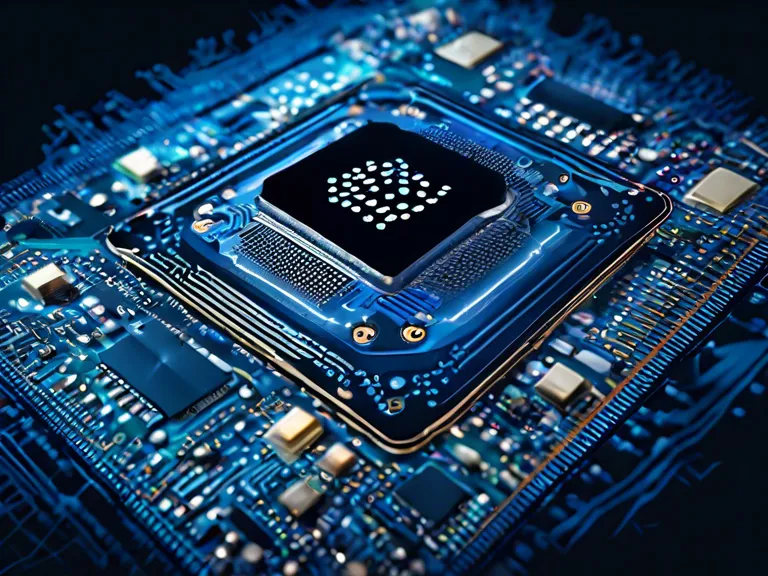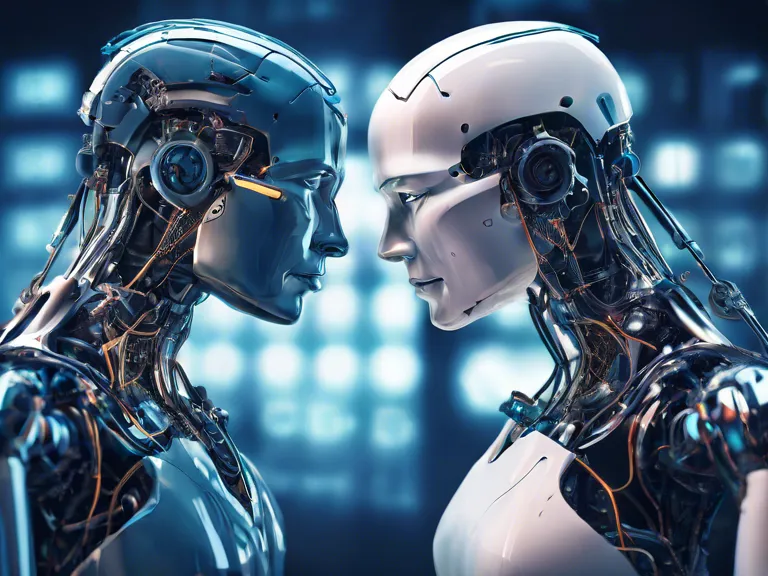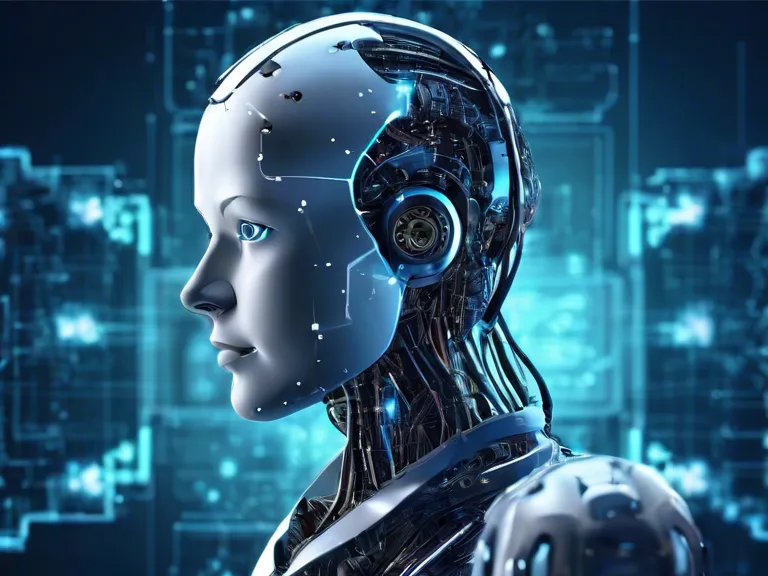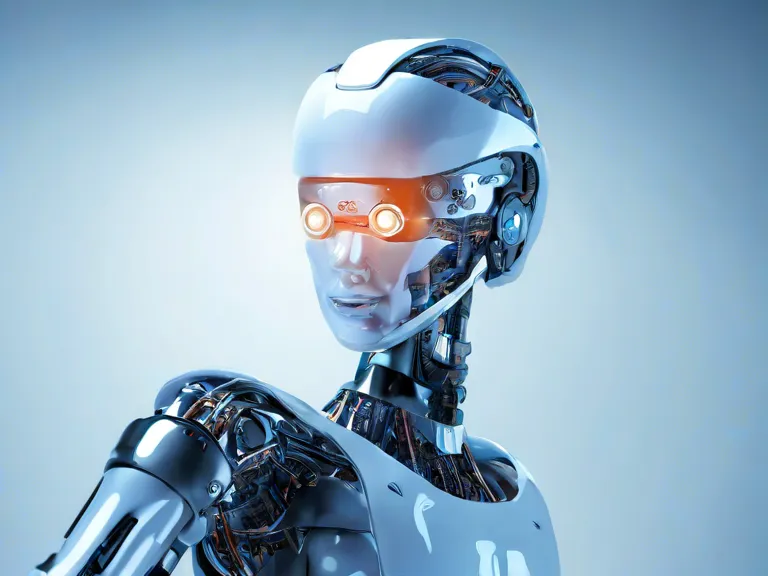
With the continuous advancements in AI and chip technology, computing has been revolutionized in recent years. These innovations have not only enhanced the performance and efficiency of computers but have also paved the way for new possibilities in various industries. From AI-powered applications to faster processing speeds, the synergy between AI and chip technology is shaping the future of computing.
One of the most significant impacts of AI in computing is the integration of machine learning algorithms into everyday applications. AI-powered systems can now analyze data, recognize patterns, and make decisions without human intervention. This has led to the development of intelligent virtual assistants, self-driving cars, and predictive analytics tools that can revolutionize industries such as healthcare, finance, and transportation.
On the other hand, chip technology has played a crucial role in enabling these AI advancements. The development of high-performance, energy-efficient chips has made it possible to run complex AI algorithms on a wide range of devices, from smartphones to servers. Companies like Intel, AMD, and NVIDIA are constantly pushing the boundaries of chip technology with innovations such as neuromorphic computing, quantum computing, and 3D stacking.
These advancements in chip technology have also led to significant improvements in computing speed and power efficiency. For example, the latest GPUs from NVIDIA can now handle massive amounts of parallel processing tasks, making them ideal for AI training and inference workloads. Similarly, new chip architectures like ARM's Cortex-A78C and Apple's M1 chip have shown impressive performance gains compared to their predecessors.
Overall, the synergy between AI and chip technology is driving the future of computing by enabling faster, more efficient, and more intelligent systems. As we continue to see new innovations in these fields, the possibilities for applications in areas such as healthcare, autonomous vehicles, and augmented reality are truly endless.



